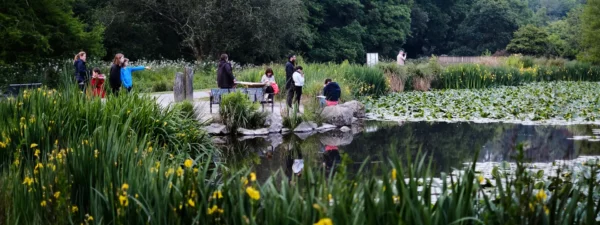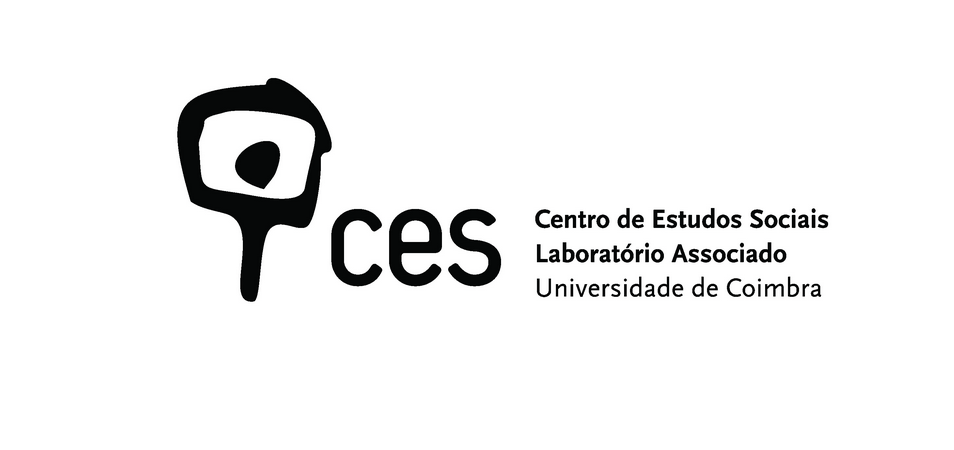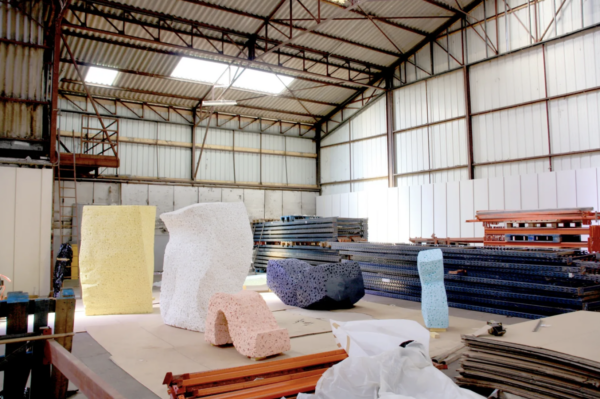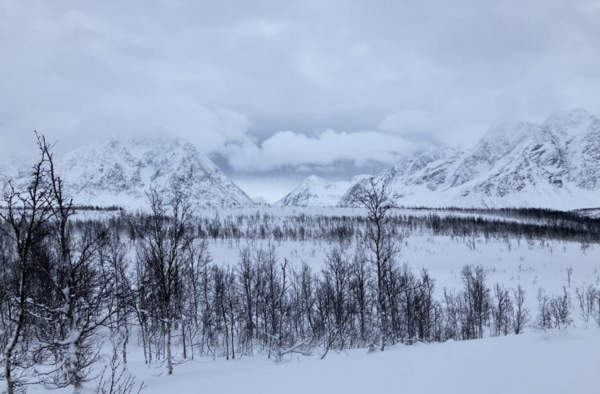
Appel à organisation – Fête de la Nature 2026
Du 20 au 25 mai 2026, la Fête de la Nature célèbrera sa 20ᵉ édition, marquant deux décennies d’actions partout…

INTERNATIONAL CONFERENCE
Mapping Culture: Communities, Sites and Stories
May 28-30, 2014
Coimbra, Portugal
CALL FOR PROPOSALS
The Centre for Social Studies (Centro de Estudos Sociais – CES), a State Associate Laboratory at the University of Coimbra in Portugal, is calling for the submission of papers and panel/workshop proposals from academics, researchers, public administrators, architects, planners and artists for an international conference and symposium. The CES is committed to questions of public interest, including those involving relationships between scientific knowledge and citizens’ participation.
Cultural Mapping – A general definition:
Cultural mapping involves a community identifying and documenting local cultural resources. Through this research cultural elements are recorded – the tangibles like galleries, craft industries, distinctive landmarks, local events and industries, as well as the intangibles like memories, personal histories, attitudes and values. After researching the elements that make a community unique, cultural mapping involves initiating a range of community activities or projects, to record, conserve and use these elements. …The most fundamental goal of cultural mapping is to help communities recognize, celebrate, and support cultural diversity for economic, social and regional development. An emerging interdisciplinary field Cultural mapping reflects the spatial turn taken in many related areas of research, including cultural and artistic studies, architecture and urban design, geography, sociology, cultural policy and planning. Traditional approaches to cultural mapping emphasize the centrality of community engagement, and the process of mapping often reveals many unexpected resources and builds new cross-community connections.
Internationally, cultural mapping has come to be closely associated with professional cultural planning practices, but its recent adoption within a variety of disciplinary areas means that ‘traditional’ approaches are being re-thought and expanded, with cultural mapping practices adopting new methodologies, perspectives and objectives as they evolve.
This event is intended to explore both conventional and alternative approaches to mapping cultures and communities in an international context. Presenters will discuss and illustrate innovative ways to encourage artistic intervention and public participation in cultural mapping. They will also address the challenges posed by such artistic practices and community involvement in various phases of the research process, from gathering and interpreting data to modes of presenting ‘findings’ to interest groups from different sectors – the local public as well as specialists in the arts, research, public administration and planning.
Two key dimensions of current research with implications for artistic, architectural and planning practices are:
(a) the participatory and community engagement aspect, especially in the context of accessible mobile digital technologies
(b) mapping the intangibilities of a place (e.g., stories, histories, etc.) that provide a “sense of place” and identity to specific locales, and the ways in which those meanings and values may be grounded in embodied experiences.
These two aspects will be highlighted in the conference presentations and symposium workshops, bridging interests of both researchers and practitioners.
EVENT COMPONENTS
• Keynote lectures
• Plenary panel sessions with discussions among researchers, artists/creators, and local
planners/municipal representatives
• Interactive workshop sessions (Symposium)
• Associated artistic presentations to complement event themes
KEY THEMES
• Cultural mapping as an agent of community engagement
• Cultural mapping as a tool of local policy development
• Cultural mapping processes and methodologies
• Multimedia mapping tools – recording interpretations and cultural uses of public space
• Artistic approaches to cultural mapping
• The artist-researcher in interdisciplinary inquiry
• Understanding architecture and urban space through mapping
Sub-Themes
Particular panel sessions can be organized for sub-themes such as:
• ‘Making visible’ eco-cultural knowledge and practices through mapping
• Political underpinnings of cultural mapping – Lessons and corrections
• Mapping as activist art
Symposium – Linking research and practice
Collaborative research with communities can help us better understand its role in their cultural and social development. But how to create or recreate such an experience? The Symposium elements will address how multidisciplinary research perspectives can be applied to local development practice. Workshops will be used to explore the possible contributions of cultural mapping approaches to different communities at a local level, and the role for academia.
• What type of ‘cultural map’ is required, and what methodological tools have proven to be valuable?
• How can academic knowledge be effectively applied to solving issues at the community level?
• How much of this information is more than what we see, that is, ‘cultural mapping’ for the intangible or unseen?
CALL FOR PROPOSALS
We invite proposals for individual paper/project presentations, thematic panel sessions and workshops. The primary language of the event will be English, but proposals for presentations in Portuguese are also welcome. (We will try to arrange for ‘informal’ translation support for Portuguese-language sessions, as possible.)
SUBMITTING A PROPOSAL (online at the CES website: www.ces.uc.pt)
Required information:
• Name of primary author
• Email of primary author
• Names of other authors (if applicable)
• Position/title of primary author
• Organization/institution
• Department
• City
• Country
• Is this presentation part of a proposed panel? Y/N
• If yes, title of panel
• Title of presentation
• Abstract (250 words)
• Key theme(s) of presentation (from the list of themes above)
• Brief bio of presenter(s), including position/role of each (e.g., researcher, professor, architect, doctoral student, artist, town planner, etc.) (max. 250 words)
Panel Proposals
If you are proposing a panel, please submit the proposed paper of each panel participant separately, using the submission form, to provide full information for each paper and participant. Be sure to enter the title of the proposed panel in the assigned field.
Abstracts will be published in the conference program in English and Portuguese.
Full Papers
Selected papers will be compiled and posted online (in a password protected folder), and all conference registrants will receive an email with the URL and password for access prior to the conference.
We are planning to publish selected papers in a journal, following the conference.
TIMELINE
PROJECT PARTNERS and COLLABORATORS (so far)
Centro de Estudos Sociais (CES) / Centre for Social Studies, University of Coimbra, Portugal
Colégio das Artes, University of Coimbra
The Social Sciences and Humanities Research Council of Canada
Thompson Rivers University, Canada
QUESTIONS? Please contact Dr. Nancy Duxbury: duxbury(at)ces.uc.pt
REFERENCES
Clark, Sutherland & Young (1995). Keynote speech, Cultural Mapping Symposium and Workshop, Australia.
McLucas, Clifford (no date), There are ten things that I can say about these deep maps. Available: www.documents.stanford.edu/MichaelShanks/51.
Scherf, Kathleen (2013), The Multiplicity of Place; or, Deep Contexts Require Deep Maps, with an Example. Paper presented at World Social Science Forum, October 13, 2013.
Shanks, Michael; Pearson, Mike (2001), Theatre/Archaeology. New York: Routledge.
Stewart, Sue (2007). Cultural Mapping Toolkit. Vancouver: 2010 Legacies Now and Creative City
Network of Canada. Available: www.creativecity.ca/database/files/library/cultural_mapping_toolkit.pdf
Source :
Du 20 au 25 mai 2026, la Fête de la Nature célèbrera sa 20ᵉ édition, marquant deux décennies d’actions partout…
Dans le cadre de leur programme 2026, La Résidence | Le Tremblay s’associe à Les Dominicaines – Centre d’art et…
Septentrionales est un programme annuel de résidences itinérantes de recherche et d’exploration artistique, ouvert à toutes les disciplines, qui invite…

